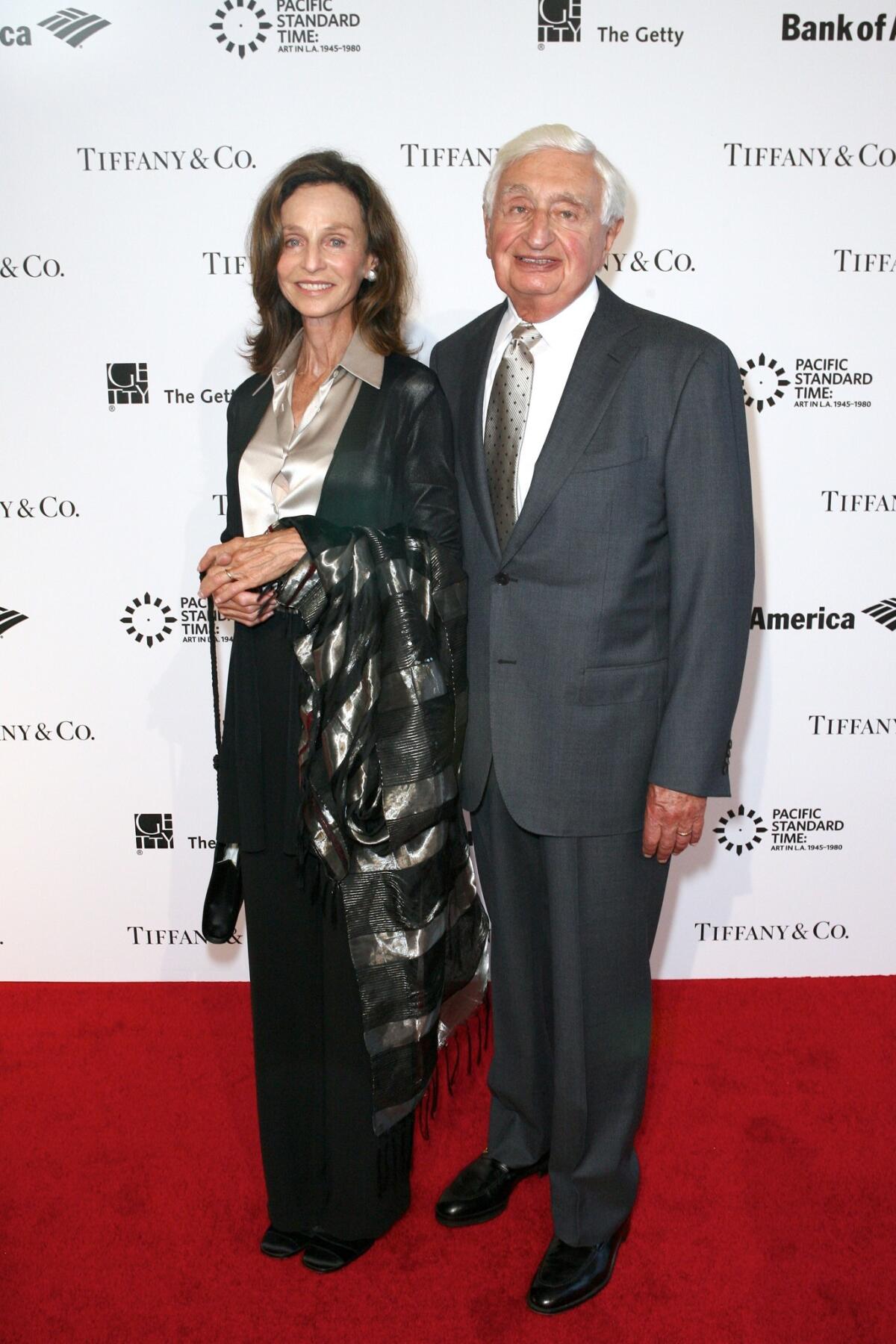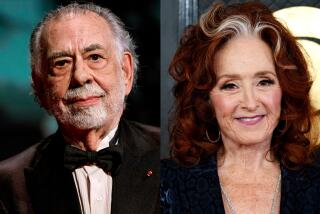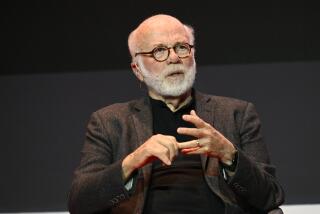Getty establishes the J. Paul Getty Founder’s Award

On Monday night, the Getty will present its inaugural J. Paul Getty Founder’s Award to Harold Williams and Nancy Englander, who have helped lead the J. Paul Getty Trust -- and envision its future -- since 1981.
The award will be given out annually to honorees internationally in the areas represented at the Getty -- art, research, conservation, and philanthropy.
“It’s fitting that the first award should go to the two people who gave intellectual structure and physical form to Mr. Getty’s vision,” James Cuno, Getty president and CEO, said in a statement. “And [two people] of whom one can say, as of no one else, ‘they built the Getty and thereby changed the course of museum practice, the conservation of art, and the study of art history.’”
PHOTOS: Arts and culture in pictures by The Times
Williams is the former dean of UCLA’s Anderson School of Management and was head of the Securities and Exchange Commission under President Carter. In 1981, he was chosen by the Getty’s Board of Trustees to lead the Trust and help determine how it would grow and develop.
The National Endowments for the Arts and Humanities’ Nancy Englander and Leilani Lattin Duke were brought on by Williams shortly after to help chart the future of the Getty, which by 1982 was defined as an interdisciplinary center for learning and an art and art history resource. That, of course, included the Richard Meier-designed Getty Center, which opened in 1997.
“It’s deeply gratifying to see the Getty continue to fulfill the promise we envisioned,” Williams said. “We are honored to have helped conceive of the modern Getty, and to watch it take shape.”
“Sixty years ago today, J. Paul Getty established a charitable trust to operate a small museum and library near Malibu,” Mark Siegel, Getty’s Board of Trustees Chair, said.
“Some two decades later, Mr. Getty left the bulk of his estate to the trust with the sole requirement that it be used for ‘the diffusion of artistic and general knowledge.’ Mr. Getty’s extraordinary generosity opened up a new world of possibilities for how the Getty could best serve the visual arts, and under the leadership of Harold Williams those possibilities began to take shape as he and Nancy Englander conceived of the Getty as we know it today.”
ALSO:
Detroit’s creditors press city to sell artworks in its museum
Dealers deny knowing Strozzi painting had been looted by Nazis
Parfumerie,’ a 1936 Hungarian play, is an overlooked inspiration
Twitter: @debvankin
More to Read
The biggest entertainment stories
Get our big stories about Hollywood, film, television, music, arts, culture and more right in your inbox as soon as they publish.
You may occasionally receive promotional content from the Los Angeles Times.











